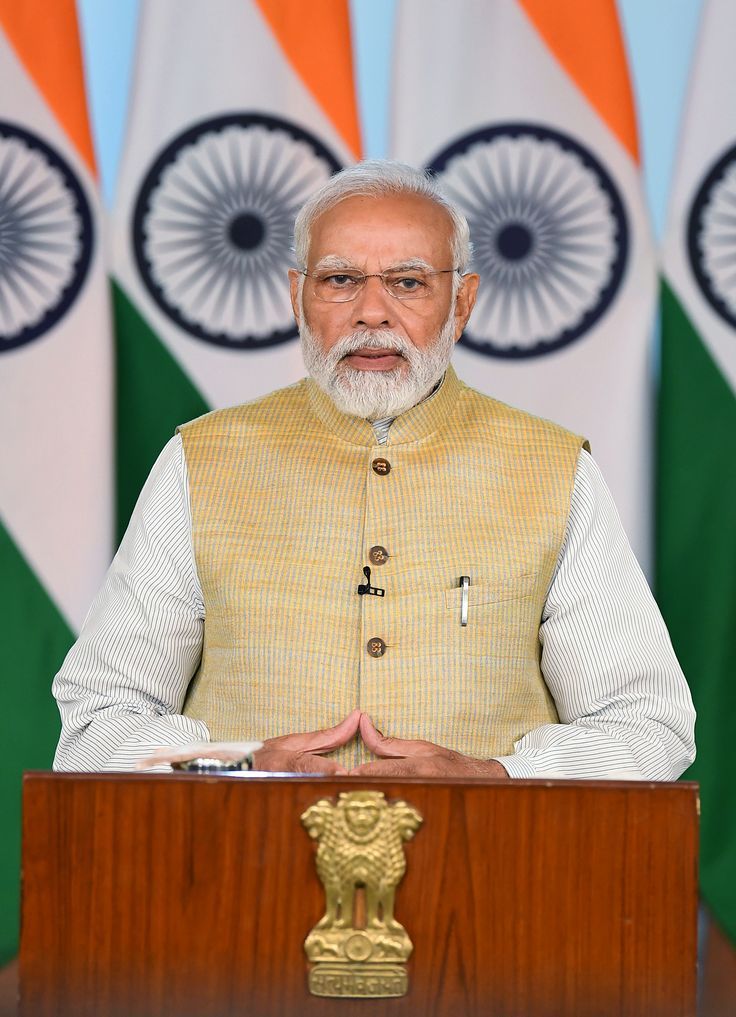New Delhi, August 19, 2025 — In a pointed critique that underscores a shift in India’s strategic posture, Prime Minister Narendra Modi has slammed the 1960 Indus Waters Treaty, stating that Jawaharlal Nehru, the prime minister at the time, soon recognised that India would not gain anything from the agreement.Modi’s remarks, delivered in Parliament and public forums, come amid India’s recent decision to suspend the treaty—a move that has deep geopolitical implications.

The Core of Modi’s Argument
In a dramatic speech during Lok Sabha discussions on national security (Operation Sindoor), Modi called the treaty a “big betrayal of India’s dignity.” He criticized Nehru for ceding control over 80% of the seasoned waters of the Indus basin to Pakistan, limiting India to just 20%. Modi said, “Nehru later admitted it was a mistake,” emphasizing that the pact restricted India’s development projects and hurt farmers. In Modi’s words, this severed future water prospects for states like Punjab, Haryana, Rajasthan, and the national capital region.
He particularly highlighted provisions preventing India from desilting dams—reportedly even involving welded shut dam gates—claiming these clauses crippled water management.
Modi claimed that in order to protect India’s sovereign and agricultural interests, the pact had to be suspended since “blood and water cannot flow together.”
Political Resonance and Views Across the Spectrum
The Prime Minister’s stance resonated across political and regional voices. BJP President J.P. Nadda labeled the treaty one of Nehru’s “biggest blunders” and a “national betrayal,” criticizing the omission of parliamentary consultation in finalizing the pact. The StatesmanThe Times of India
Assam Chief Minister Himanta Biswa Sarma echoed that sentiment, calling the treaty “one of India’s greatest strategic blunders.” He stressed that India’s natural upper-riparian advantage was squandered, and that Modi’s decision to put the treaty in abeyance marked the rise of a more assertive India. The New Indian ExpressThe Times of India
External Affairs Minister S. Jaishankar defended the government’s course, saying Modi rectified Nehru-era mistakes and that it is unacceptable to reward terrorism and hostility with policies that compromise national interests. The Economic Times
Notably, this critique is part of a long-standing narrative shift in BJP’s historical interpretation of India-Pakistan agreements, particularly over water security.
What the Indus Waters Treaty Entails
Signed on 19 September 1960 with World Bank mediation, the Indus Waters Treaty allocated India control over the eastern rivers (Ravi, Beas, Sutlej) and Pakistan over the western rivers (Indus, Chenab, Jhelum). The rivers flow across contested borders, primarily in Kashmir. Wikipedia
The treaty allowed limited Indian use of western rivers for purposes like hydropower generation and navigation. The Permanent Indus Commission (PIC) was created as a dispute resolution body.
For decades, it reportedly stood as a rare symbol of peace and legal order between the two hostile neighbors. However, critics argue it constrained India’s utilization of critical water resources. Financial TimesWikipedia
India’s suspension of the treaty in April 2025 followed a deadly militant attack in Pahalgam, Kashmir, and marked a significant escalation in bilateral tensions. WikipediaReuters
Modi’s Strategic Justification
Modi portrayed the treaty as a hindrance, particularly given India’s developmental and energy needs. He suggested that had India not signed the treaty, it could have built key hydroelectric and irrigation infrastructure on western rivers, boosting electricity generation and addressing water scarcity, especially in northern states. www.ndtv.comThe Times of India
The mention of desilting restrictions and welded dam gates particularly captured attention, illustrating how administrative clauses can have long-term impacts on infrastructure. The Times of India
Reactions and Concerns from Islamabad and Beyond
Pakistan’s response has been defiant. Officials warned that any unilateral obstruction of water flows could be construed as “an act of war.” Former foreign minister Bilawal Bhutto Zardari even responded with rhetoric suggesting “either our water will flow or their blood.” Financial Times
Experts, while recognizing India’s upstream leverage, warn of real risks: tensions over water manipulation, legal challenges through World Bank arbitration, and escalation of conflict over a resource whose disruption impacts millions downstream. Financial TimesWikipedia
Broader Implications
The dispute extends beyond water. It reflects India’s strategic recalibration—asserting sovereignty, supporting farmer and regional interests, and making a symbolic move in global geopolitics. Modi’s aggressive language is consistent with his larger goal of an independent, forceful India.
Nonetheless, this shift raises questions about the future of water cooperation, legal frameworks, and regional stability. Water scarcity, climate change, and asymmetric upstream-downstream dynamics complicate the issue. Financial TimesWikipedia
Final Word
India’s decision to suspend the Indus Waters Treaty and Modi’s referencing Nehru’s admission of its shortcomings mark a decisive moment in India-Pakistan relations. Whether seen as an overdue redress or a strategic provocation, it’s a bold reformulation of India’s water diplomacy—a narrative that balances historical critique with political assertiveness.
India is signaling its intent: resource sovereignty is non-negotiable, historical mistakes can be corrected, and national interest—especially water for farmers and states—must prevail.
“Nehru Admitted Indus Waters Treaty Brought No Benefit To India”: PM Narendra Modi – NDTV
for more news click here


